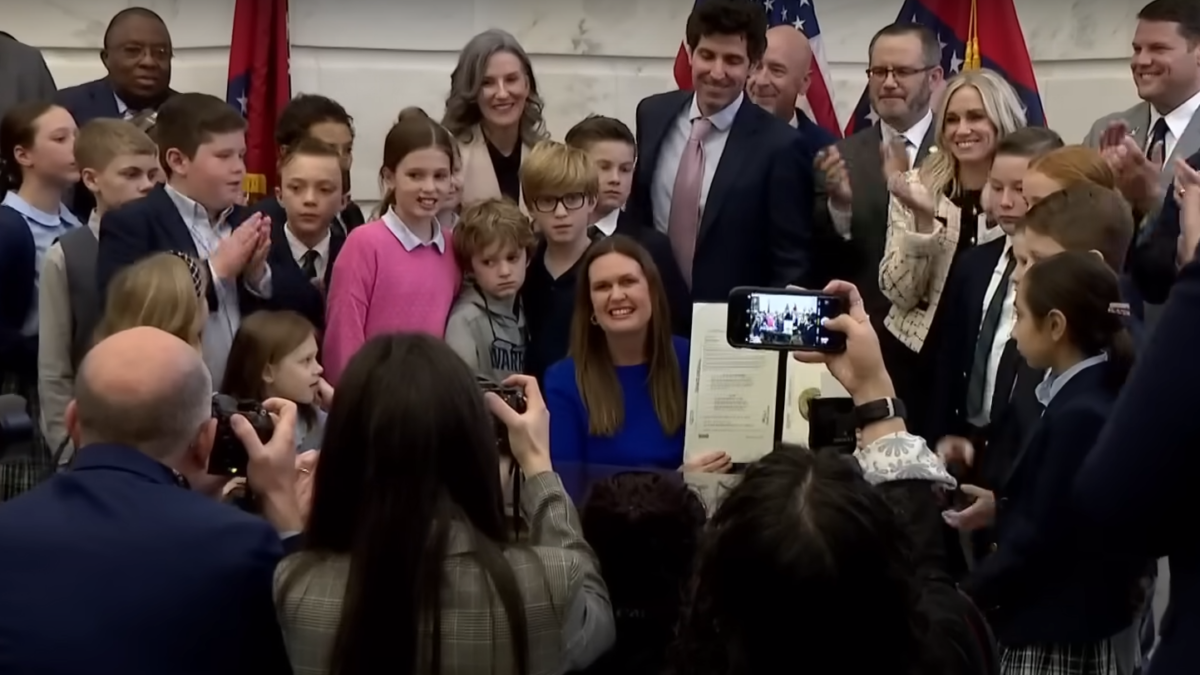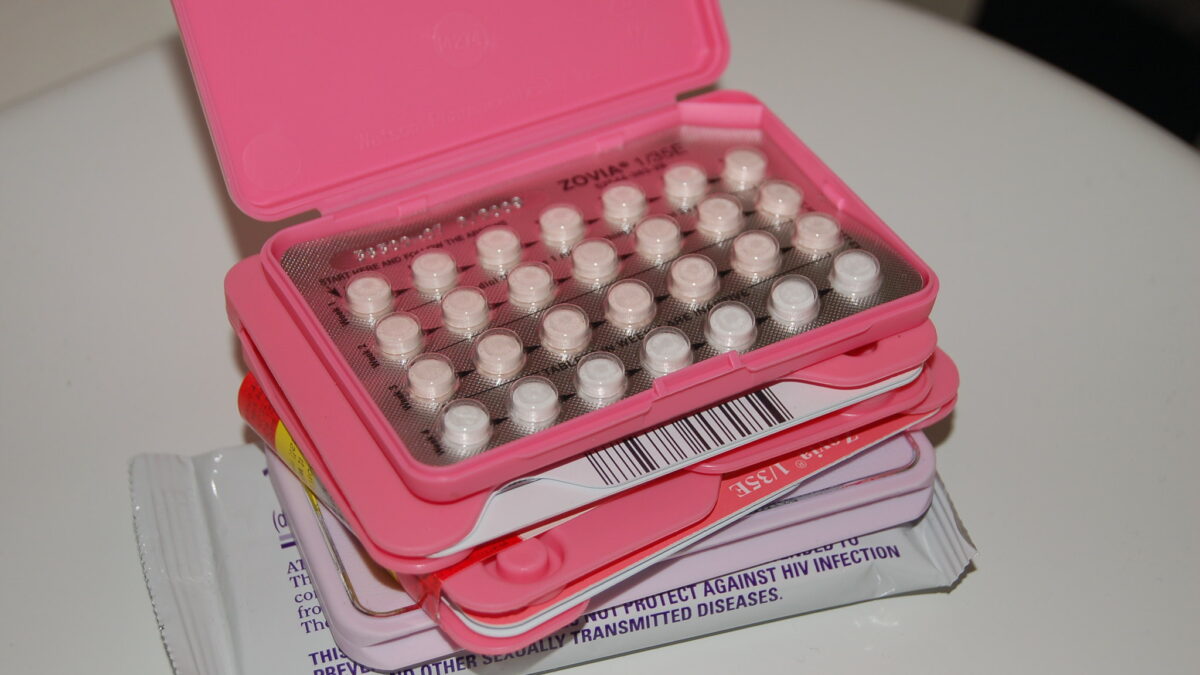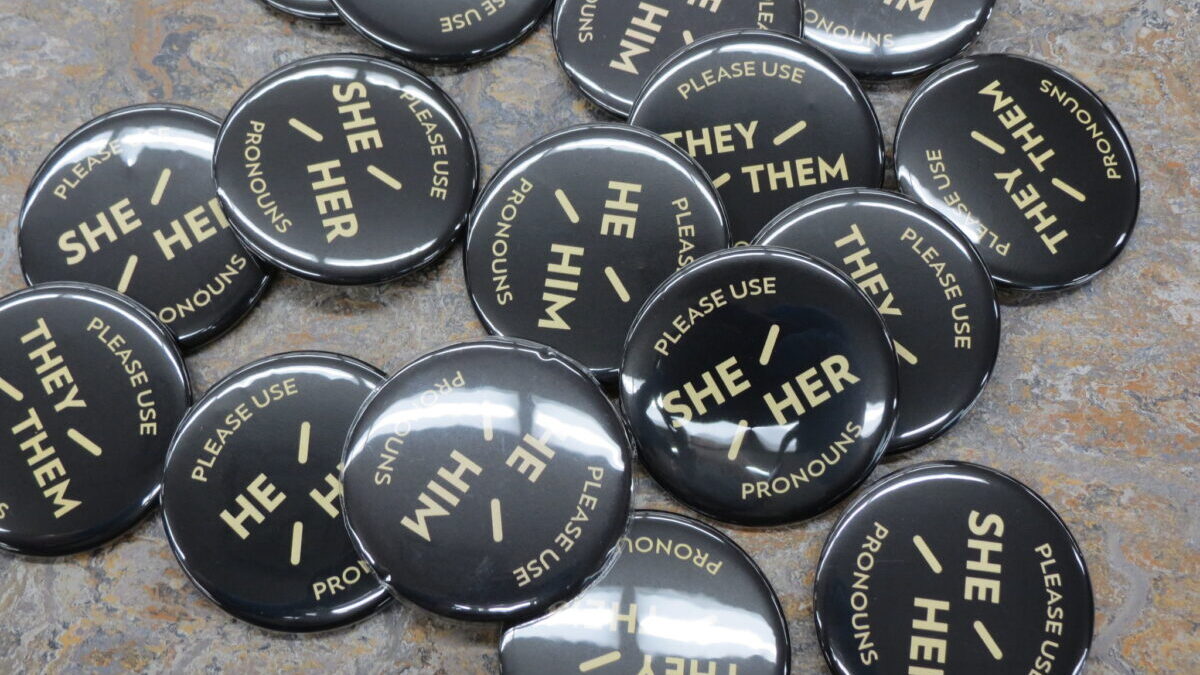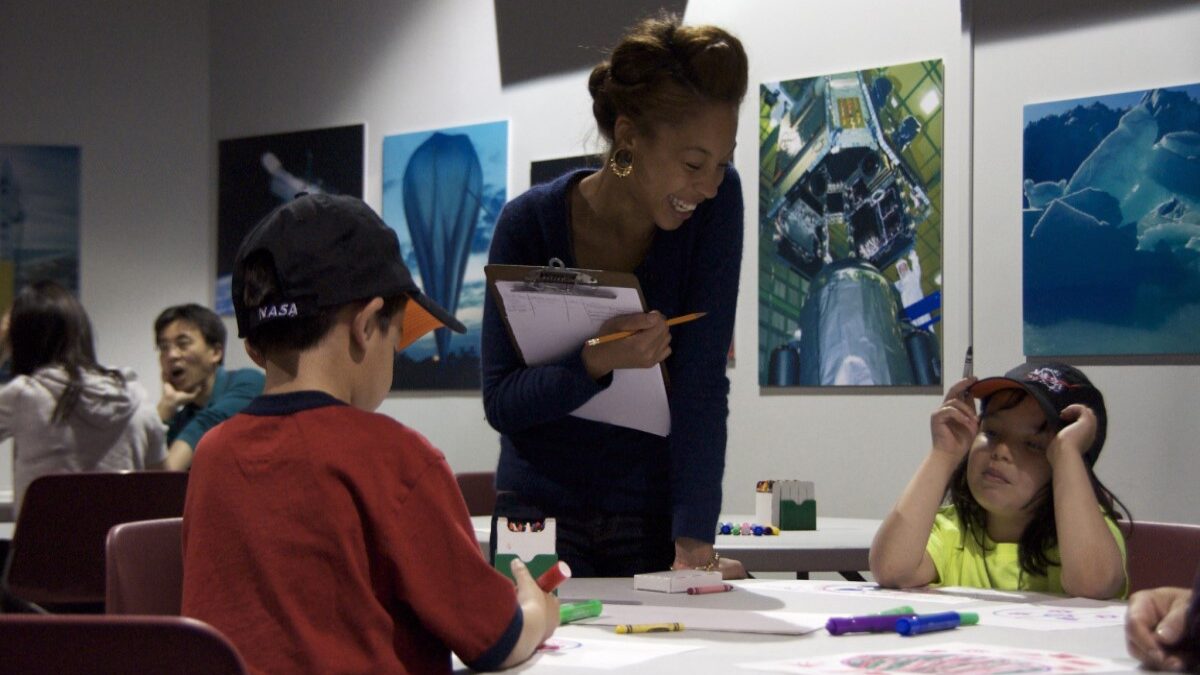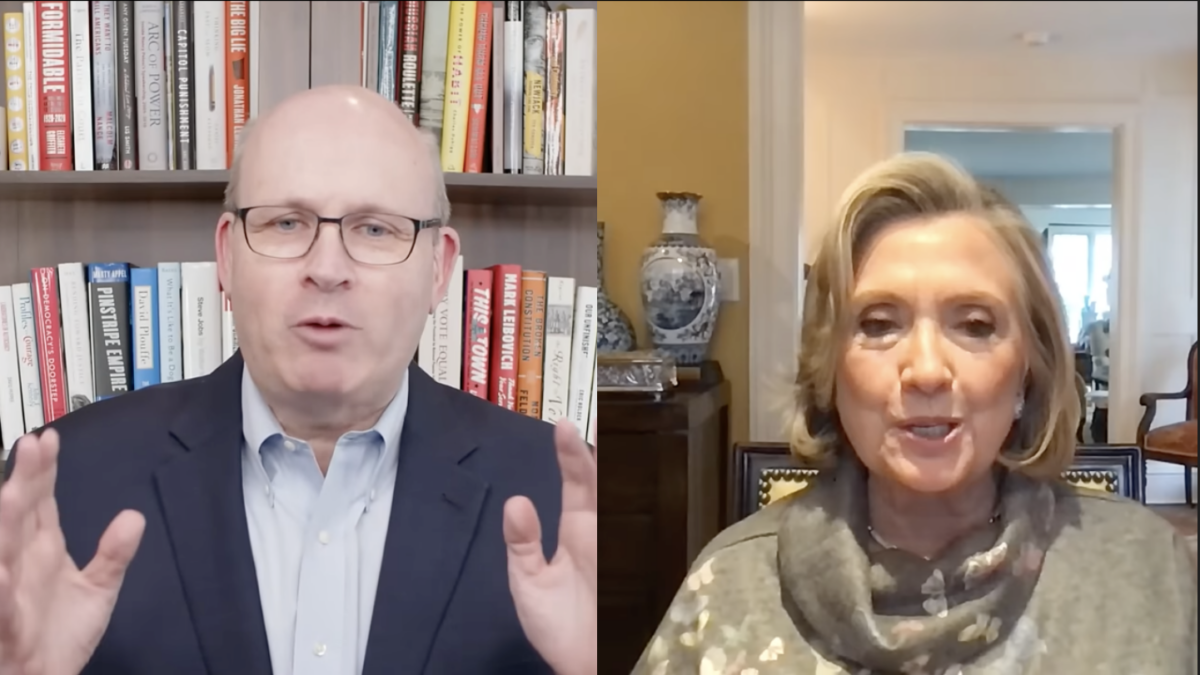
A North Carolina mom said her son Keenan was bullied at his public school and his administrators explained they couldn’t do anything about it. Keenan’s teachers seemed more interested in money than actually teaching their students, worrying that if he went to another school theirs would lose his tuition revenue.
“I’m totally disappointed when it comes to the school district. I really am, and I’m glad he’s my last child that will have to experience this school. It’s just sad. They are really failing the children, they really are,” Keenan’s mom, Kena Cooper, told me.
When he received a voucher scholarship, allowing her to send him to a private school, Kena was grateful. Keenan went to a lock-in with his new classmates before the school year started, and he was excited to start school with his new friends. His mom was excited, too.
“‘He said to me last night, he said, ‘Ma, I didn’t think they were going to like me. I didn’t think the kids was going to like me. But Mom, they like me,’” Cooper said. “I was like, ‘Yeah, they like you.’ He said, ‘Yeah, they like me, and they’re nice to me, and I can’t wait to go to school.’”
A changing math curriculum was making school especially difficult for Robin Lamp’s two daughters in Georgia. Robin, a single mom, works several jobs to stay off government benefits, and didn’t know she had education options. When she learned about the state’s tax-credit scholarship program, she signed her daughters up. They’re excelling at their new private school.
“They have changed my daughter’s life, and how can I ever say thank you for that?” Robin told me. “I can’t. That’s giving her life support when she was dying academically. I am just so thankful.”
After Arizona pioneered an unusual school-choice law called education savings accounts (ESAs), which deposits a child’s state education dollars into a bank account with a debit card parents control, parents of autistic children founded a school for their kids. They have seen substantial progress with the help of expert teachers and therapists and an extremely low student-to-teacher ratio.
Nevada’s Huge New School-Choice Program
With a new law this spring, Nevadans will have a similar opportunity. The state’s education savings accounts, the nation’s most expansive because they are open to all public school students, allow parents to take their kids out of public schools and spend state money on their kids’ education.
That money is 90 percent of what the state had been spending on the kid’s education in public schools, or about $5,100 for most kids, so it doesn’t cost taxpayers anything extra. Parents can spend the money on more than just private school tuition. Tutoring, textbooks, transportation, therapy, curricula, and testing fees are approved expenses. Whatever’s left at the end of the year rolls over into the next, and in Arizona ultimately can go towards college expenses. Parents can cater an a la carte education to their child’s needs.
Four years into ESAs’ arrival, five states now offer them. Proponents have dubbed them “school choice 2.0” because they drastically expand the voucher concept by “unbundling” education, or allowing parents to customize each component rather than merely turning over one check to one school at the beginning of the year. This introduces cost-consciousness, and important part of a functioning market. It also allows providers to specialize in niche markets, freeing them from the compulsion to be all things to all people.
Strictly speaking, parents can’t use ESAs to homeschool their children, but they can do something similar. Homeschoolers have a substantial amount of freedom in Nevada—parents need to file a letter of intent, and that’s it. No applications, no tests, no curriculum requirements. Parents using ESAs are required to have their children take a state or national norm-referenced test each year. Parents can use ESA money to educate their children at home, but the kids must take a standardized test—and submit to whatever strings lawmakers attach to ESAs in the future.
Don’t Leave Us Out
What had everyone talking when Nevada’s ESA program initially passed was its near-universal eligibility. Most school-choice programs are limited to specific demographics—students from low-income families, students with disabilities, students otherwise required to attend schools the state has labeled as “failing.” Nevada’s program is open to all public-school students.
While it’s the most widely available school-choice program in the country, it’s not open to everyone. Nevada children who currently attend private schools are not eligible, and many of their parents are debating whether to continue paying private tuition or to send their kids to public schools for 100 days, which would qualify them for the ESA.
Daniel Reyes is one of these students. He was struggling in his public school, and transferred to a private Christian school, where he excelled. His family could only afford tuition because of a scholarship Daniel received through their church. But their family’s finances took another hit, and they couldn’t afford tuition, even with the scholarship. His mom, Diane Reyes, said he’s headed back to his public school for a year, since that’s their only option. After three months in a public school, he’ll be eligible for an ESA, but Diane is still concerned.
“My biggest worry is he’s going to be set back again,” she said. “How is that going to affect him personally, from doing all that work and excelling and now being set back? How is that going to affect him academically, personally, emotionally?”
In the middle of all this, the American Civil Liberties Union filed a lawsuit in August aimed at overturning Nevada’s program. The ACLU is joined by Americans United for Separation of Church and State, and it isn’t hard to see where this is going: they’re throwing a fit about public money going to private schools. (Weirdly, these folks don’t throw a fit about Medicaid money being spent at Catholic hospitals or SNAP money on kosher food.)
So we’ll have to wait and see what judges have to say about the program. School choice cases are almost always ultimately upheld in court after a lengthy battle. In the meantime, 93 percent of Nevada students have access to additional education options.
Despite the flaws and controversy, that, at least, is something worth celebrating.


